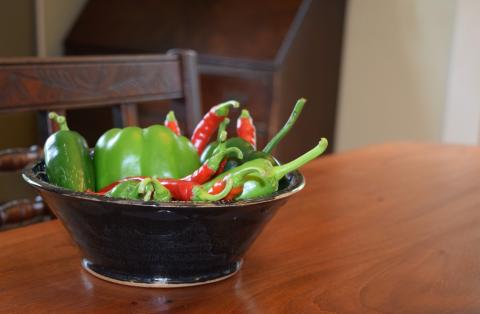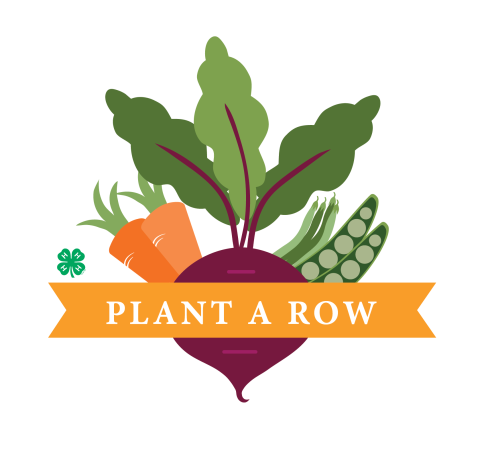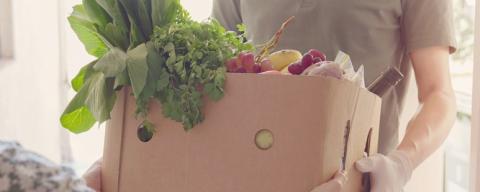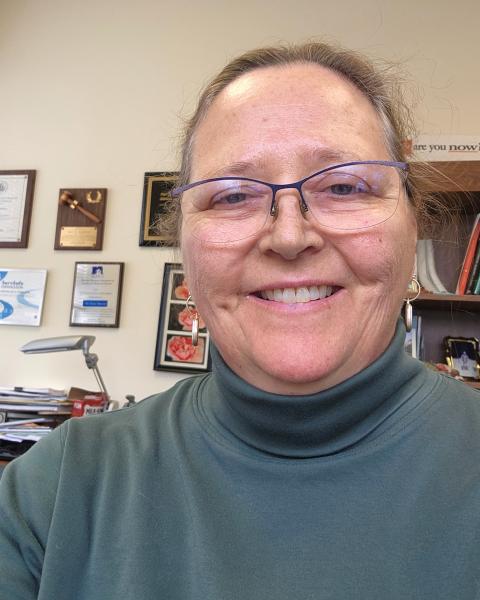Important Food Safety Information for Donating Produce to Food Pantries
World Food Safety Day, observed on June 7, serves as a global reminder of the critical role safe food plays in our lives. This day brings together producers, consumers, organizations and governments to collectively address food safety challenges.
One such challenge is food insecurity, which affects many New Hampshire communities. Produce from home gardens can be a valuable resource for individuals who rely on food pantries. By following a few guidelines, you can ensure that your fruits and vegetables are safe to donate and acceptable for your local food pantry.
Why Food Safety Matters
World Food Safety Day aims to raise awareness about preventing, detecting and managing foodborne risks. Unsafe food can lead to illnesses, hospitalizations and even fatalities. Following safe standards protects consumers and promotes confidence in the food supply chain. Everyone plays a crucial role in maintaining food safety!

If you are gardening, consider planting an extra row of produce to donate to a food pantry.
Plant a Row and Safely Grow!
If you enjoy gardening, consider participating in the Plant A Row initiative. This program is a hands-on, neighbor-helping-neighbor initiative where households grow an extra row or container of produce to donate to a local food pantry, neighbor in need or to supplement their own fresh vegetables. Here is some helpful information to remember when growing produce to donate to a food pantry.
- Location matters – place your garden away from manure piles, garbage cans, septic systems and areas frequented by farm animals or pets.
- If using compost or manure as fertilizer, commercial compost is safe to apply at any time; home compost without animal products can be applied after it’s finished; and compost with animal products should be applied after the previous growing season.
- Use safe water for irrigation. Municipal water is tested and safe, while well water should be tested annually. Lakes, ponds, rivers and streams may be contaminated, so avoid using them as a water source.
- Refrain from using pesticides on crops. If necessary, follow label requirements. Produce donated to a charity may be considered an agricultural commodity, and a license may be needed if pesticides are used in crop production. The homeowner in this case becomes a “Private Applicator.” For more information: New Hampshire Department of Agriculture, Markets & Food, Division of Pesticide Control (603) 271-3694.
- When picking produce, use clean hands or clean gloves.
- Use clean containers for harvesting, storing and transporting produce. Avoid containers that previously held chemicals.
- If you can’t deliver immediately, store produce properly to maintain freshness.
- Unwashed produce is safe to donate. Gently remove excess soil. Oddly shaped produce is acceptable.
- Donated produce should have no signs of mold, spoilage, bruising or insect damage.
- Food pantries cannot accept home-canned fruit, vegetables, jams, jellies or pickles.

Bill Emerson Good Samaritan Food Donation Act
Gardeners, farms and stores who donate food such as produce from their gardens and grocery products to nonprofit organizations for distribution to people in need are protected from criminal and civil liability by the federal Bill Emerson Good Samaritan Food Donation Act. Donors are protected from civil and criminal liability should the product donated in good faith later cause harm to the recipient.
Remember, your homegrown produce can make a difference in someone’s life. Share your harvest and contribute to your community!


